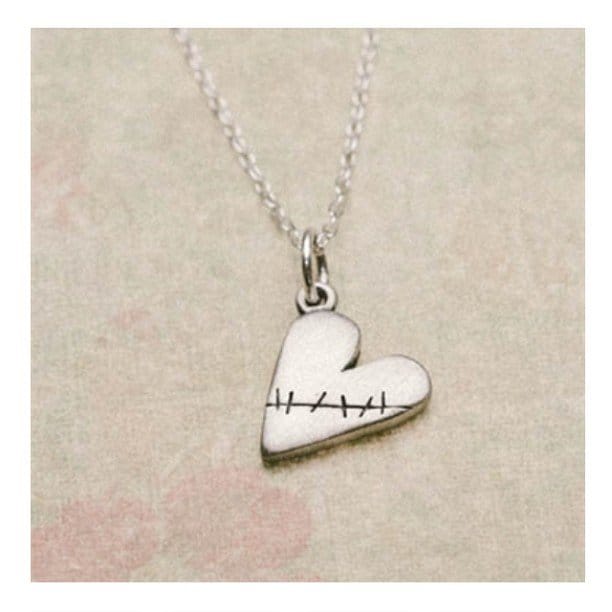When children are bullied – repeatedly taunted and teased both physically and verbally – they begin to feel less and less valuable as a person. This can happen over night or over the course of many incidents. Occasionally this leads to suicide attempts, as the opening scenes of the new movie A Silent Voice demonstrates.
Just opened in the US today, the film follows two high school students, a young boy Shoya Ishida and Shoko Nishimiya, a young girl with a hearing disability. In grade school, Shoya bullied Shoko, making fun of her disability and stealing her hearing aids. When the class is accused of bullying Shoko, Shoya is blamed, and even the others who used to bully Shoko turn on him.
In an ironic twist, the child who bullied becomes bullied. This reversal has a tremendously negative effect on Shoya. He cannot look anybody outside his family in the eyes. He prepares to commit suicide but decides against it at the last moment. Perhaps changed by his aborted attempt, Shoya goes to Shoko’s school to return a notebook she had used for conversations with other students. In sign language, he asks her if they can become friends.
Much of the rest of the film centers on their relationship. Shoya is awkward and tries to make amends for his past behavior. Slowly, the other members of their grade-school class join them, and it seems that Shoko has a decent-sized group of friends for the first time in her life. Shoya’s earnestness in trying to be friends with Shoko and make up for his past inspires changes in the others, however slowly.
But both Shoya and Shoko are still broken characters. Shoya cannot look people in the eyes and does not know how to deal with his newfound friends. In one particularly vulnerable moment with Shoko, Shoya yells at all of his other friends, driving them away, one by one. Desperate for some friendship, he latches onto Shoko and doesn’t let go.
Despite Shoya’s apologies and attempts to spend time with her, Shoko remains very apologetic. If anything goes wrong around her, she immediately assumes that it is her fault and apologizes. She and Shoko clearly have a chemistry, but even their time together does not change her perspective. Failing to see her self-worth, she attempts to commit suicide by jumping off the terrace of her family’s apartment.
Shoya attempts to save her and catches her hand after she jumps. He pulls her up but ends up falling over the ledge. In the process, she is saved and he is hospitalized (though he later recovers). Only through this sacrifice does Shoko see that her life has value to others, and she begins to change at a deeper level.
***
Very real to human experience, the film reminds us that our actions, no matter what they are, have consequences. Shoya suffers for his sins of bullying Shoko as a child through being bullied in return. His attempts to make amends with her and with others are slow and painful. People do not forgive nor forget so quickly. These relationships take time to heal past hurts, and none of them is perfect.
Each character is flawed. Despite the fact that Shoya and Shoko both had people around them who cared for them, neither of them could see or accept that love at first. For Shoya it was easier to disengage and simply exist. For Shoko, she felt responsible for the reactions she received as a result of her hearing disability: in her eyes, everything was her fault.
By the film’s end, Shoya is able to accept the care of his friends and begin to fully engage with the world once again. His transformation is slow but the promise he shows is incredible. His actions have demonstrated to others that he is a decent human being, and he will no longer let his past sins define him.
And this reality extends far beyond the plot on screen. Each of us can struggle in our own ways to feel acceptable, to feel loved. Some of us have felt isolated, ostracized, and even worthless as people due to how others have treated us because of who we are. We can relate to the emptiness Shoko and Shoya demonstrate.
We have all done things we’re not proud of. In one way or another, we have pushed people down because we wanted to fit in or because we needed some way to feel powerful. We have pushed friends away because we were not ready to accept their love.
We all have our limits and imperfections, and they can make us feel so small and unlovable. It becomes easy to feel like we burden others with our limits, that they are only around us out of a sense of duty or obligation.
What is important is to remember that none of these realities has the final word.
While Shoko may not have seen her deafness as a gift, she certainly saw that she was no longer alone. Even if only after a suicide attempt, she saw people look at her and see not a disability but a person. And Shoya shows us that there is a light present in the depths of a despair that cripples our self-esteem, so long as we try.
Each of us has at least someone who cares for us, someone who truly loves us. It is only by sharing our own broken reality with others that we begin to feel healed and that we truly begin to grow as people. Like in the examples of Shoya and Shoko, the experience can be painful and often is, but in good time, it bears good fruit.
-//-
The cover photo is featured courtesy of Melissa Hillier of the Flickr Creative Commons.


